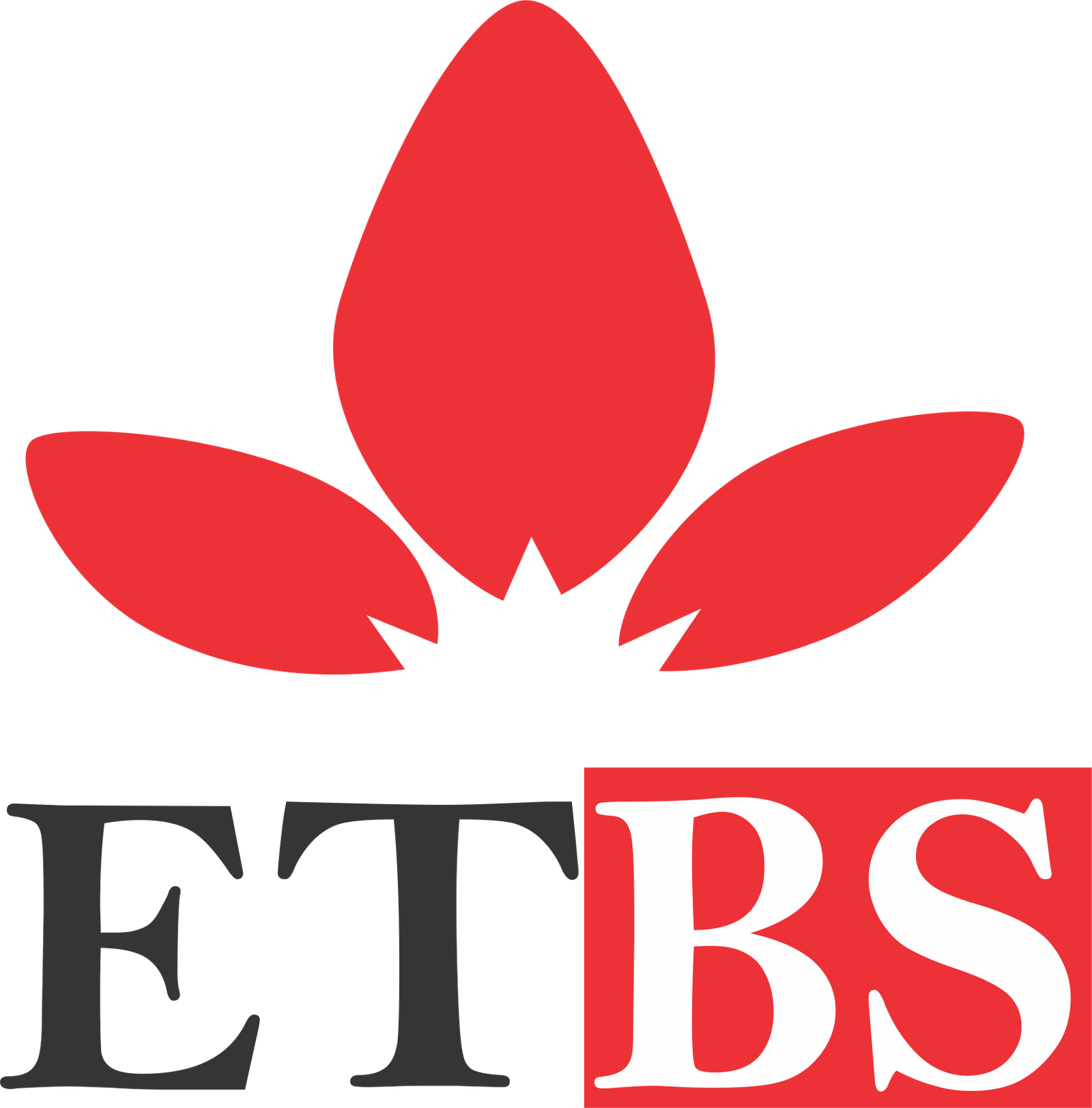 EarthTab Business School
EarthTab Business School
☰
|

Course Description This course will provide an in-depth understanding of how music serves as a tool for emotional and personal expression, the mechanics of musical composition, and the role of innovation in the creation of music. You will learn to harness both theoretical knowledge and practical skills, enhancing their ability to create original works and convey their unique artistic voice. Through a blend of theoretical modules, hands-on exercises, case studies, and collaborative projects, this course is perfect for anyone looking to refine their musical abilities and embrace their creative potential. Whether you're crafting your first composition or refining your skills as a seasoned artist, the course offers something for every level. By the end of this course, you will: Develop a deep understanding of how creativity influences musical expression. Gain knowledge of various music theory concepts and how to innovate within them. Learn techniques for translating emotions into musical language. Understand how cultural and historical contexts shape music and expression. Explore diverse genres and styles and identify how creativity flourishes in each. Master the role of improvisation in developing musical expression. Use modern technology and tools to create music with deeper emotional and artistic impact. Cultivate confidence in their ability to compose, produce, and perform music that resonates emotionally. Overview: Key Topics: Defining Musical Creativity The Role of Emotions in Music How Music Connects with the Listener The Creative Process: Inspiration vs. Technique Finding Your Unique Musical Voice Practical Exercise: Creating a personal musical composition inspired by an emotion or experience. Overview: Key Topics: Music Theory Fundamentals Harmony, Melody, and Rhythm as Emotional Tools The Use of Dynamics and Tempo for Expression Classical vs. Contemporary Theories of Expression Understanding Musical Syntax: How Music "Speaks" Practical Exercise: Analyzing an existing piece of music to uncover its expressive elements (dynamics, harmony, etc.). Overview: Key Topics: The Influence of Cultural Contexts on Genre and Style Classical Music: Precision vs. Emotion Jazz: Spontaneity and Improvisation Rock and Pop: Simplicity in Expression World Music: Global Sounds and Emotions Experimenting with Cross-Genre Innovation Practical Exercise: Compose a piece that blends two or more genres to create a unique expression. Overview: Key Topics: The Fundamentals of Musical Improvisation Improvisation in Jazz and Beyond Free Improvisation and Its Role in Emotional Expression Using Improvisation to Solve Creative Blocks Structured vs. Unstructured Improvisation Practical Exercise: Improvisational exercises on different instruments (or voice) based on emotional cues. Overview: Key Topics: Major vs. Minor Scales: Emotional Impact Using Harmony and Dissonance for Emotional Effect Music and Memory: How Music Triggers Emotional Responses Analyzing Emotional Tone in Different Musical Styles Case Studies: Songs that Changed the Emotional Landscape Practical Exercise: Compose a piece of music that represents a specific emotion (e.g., joy, sorrow, tension, peace). Overview: Key Topics: Introduction to DAWs (Ableton Live, FL Studio, Logic Pro, etc.) The Role of Sampling and Sound Design in Music Creation Effects Processing and Creative Manipulation of Sound Digital Composition and Virtual Instruments The Future of Music Technology Practical Exercise: Produce a short piece using at least one digital tool or software (e.g., synthesizers, DAW effects). Overview: Key Topics: The Benefits of Collaboration in Music Creation Co-writing and Joint Compositions Navigating Creative Differences The Role of Feedback in Musical Growth Group Dynamics and Collective Sound Practical Exercise: Collaborate on a project with a fellow student or musician, focusing on blending individual styles. Overview: Key Topics: Music as an Autobiographical Narrative Cultural Identity and the Musician's Role in Society Exploring the Relationship Between Music and Personal Growth Social and Political Expression Through Music Case Studies: Iconic Musicians and Their Expressive Identity Practical Exercise: Write a personal song that reflects your own identity, experiences, and worldview. Overview: Key Topics: The Rise of AI in Music Creation Virtual Reality and Augmented Reality in Music Performance The Changing Role of the Musician in the Digital Age Music and Artificial Intelligence: Opportunities and Challenges Ethical Considerations in the Future of Music Practical Exercise: Develop a concept for a futuristic musical performance or project using emerging technologies. Basic understanding of music theory (intermediate level). Access to a digital audio workstation (DAW) or instrument of choice. Ability to read and write music (optional, but recommended). Assignments: Short compositions, written reflections, and practical projects. Final Project: A fully composed and produced musical piece demonstrating creativity and expression. Participation: Engagement in collaborative and individual projects. I look forward to congratulating you upon completion of this course. Musical Creativity and Expression
Musical Creativity and Expression is a comprehensive course designed to guide you through the intricate process of developing musical creativity while fostering deep emotional expression through sound. Whether you're a budding composer, performer, producer, or enthusiast, this course will empower you to explore the rich relationship between creativity and expression in music.Course Objectives:
Course Structure:
Module 1: Introduction to Musical Creativity
This module lays the foundation for understanding creativity in music. It will explore the nature of creativity and how it interacts with artistic expression in music, focusing on the ways music communicates ideas and emotions. The module will also introduce the concept of "musical voice" and guide students in finding their own.Module 2: Theories of Musical Expression
A deep dive into the theories that shape how music can express different feelings, ideas, and stories. This module will discuss various theoretical frameworks that musicians use to express themselves.Module 3: Musical Genres and Styles
This module will cover the creative possibilities within different genres, from classical to contemporary, jazz to hip-hop. Each genre has its unique method of musical expression, and students will learn how to navigate these styles to express their individuality.Module 4: Improvisation as a Tool for Expression
Improvisation is a key element in musical creativity. In this module, students will explore improvisation both as a performance tool and as a compositional technique, learning how to use spontaneity to unlock new layers of musical expression.Module 5: The Emotional Language of Music
Music can deeply influence human emotions. In this module, students will explore the emotional language of music, from how melody can evoke joy to how dissonance can create tension. Students will learn how to compose music that speaks directly to the heart of the listener.Module 6: Technology in Musical Creativity
In this modern era, technology plays a pivotal role in music creation. This module will explore how digital tools such as DAWs (Digital Audio Workstations), synthesizers, and other production technologies can enhance creativity and musical expression.Module 7: Collaborative Creativity
Collaboration is essential in many musical genres, especially in the modern music industry. This module will focus on how to work effectively with other musicians, producers, and songwriters to enhance your creative output. It will also explore how collective musical expression can evolve.Module 8: Expressing Identity Through Music
Music often serves as an expression of personal, social, or cultural identity. This module will explore how artists use music to express who they are, their background, beliefs, and experiences.Module 9: The Future of Musical Expression
Music is constantly evolving. In this module, students will explore the future of musical creativity, examining trends, technologies, and new frontiers in musical expression.Course Requirements:
Assessment and Evaluation:

Unlocking Professional Potential through world-class assessments and industry-ready training.
"Empowering Professionals through practical, accessible online business education"
- Blessing Princess Agho
 Founder/Lead Instructor
Founder/Lead Instructor